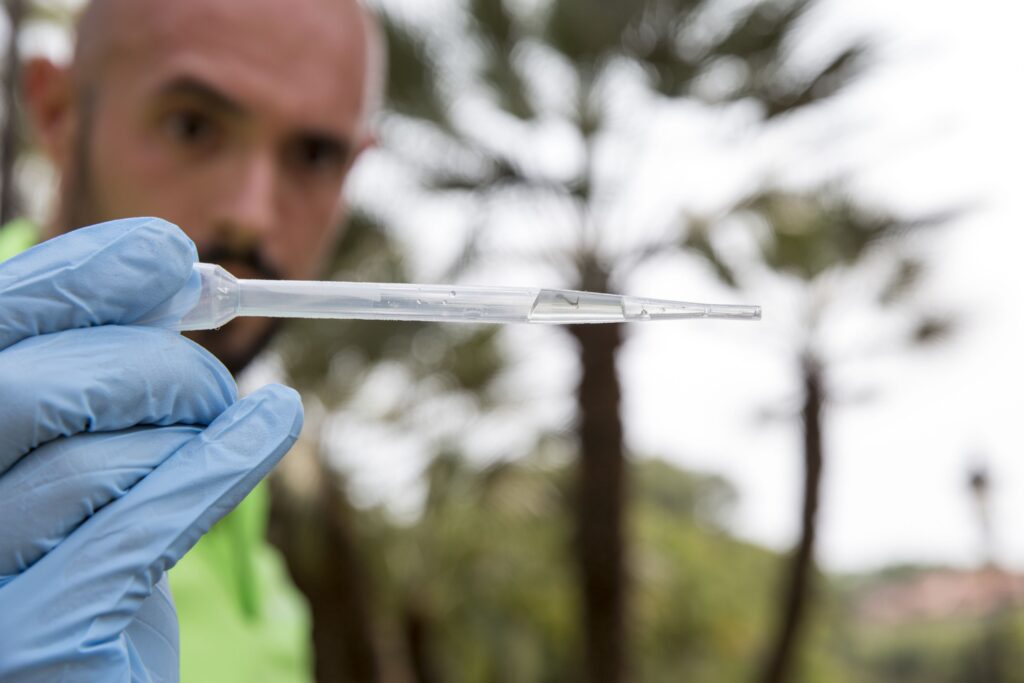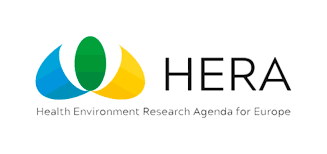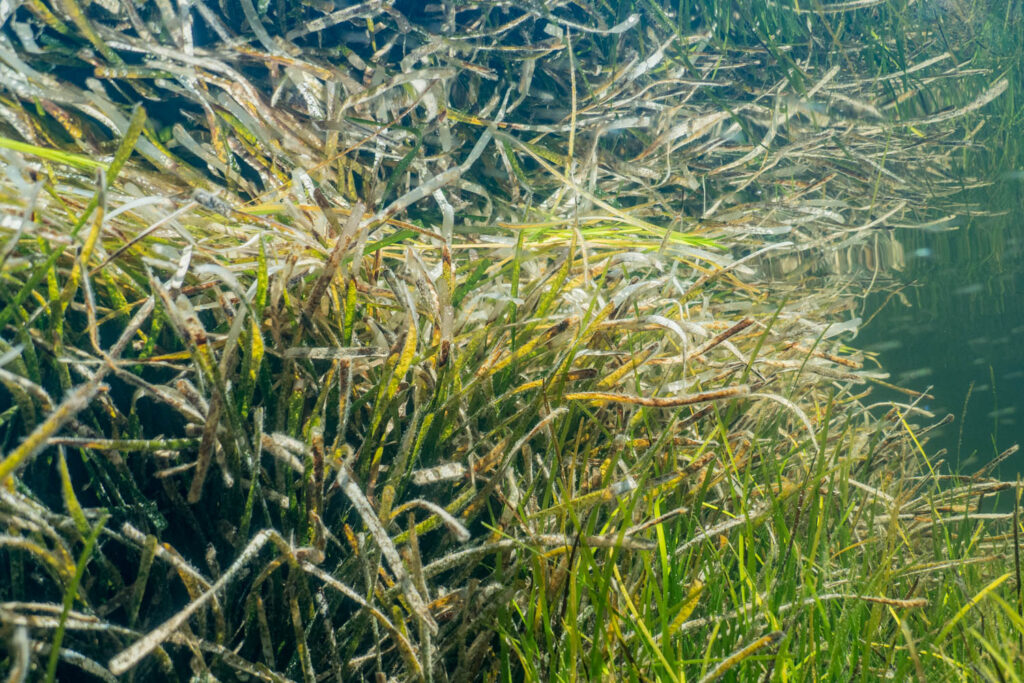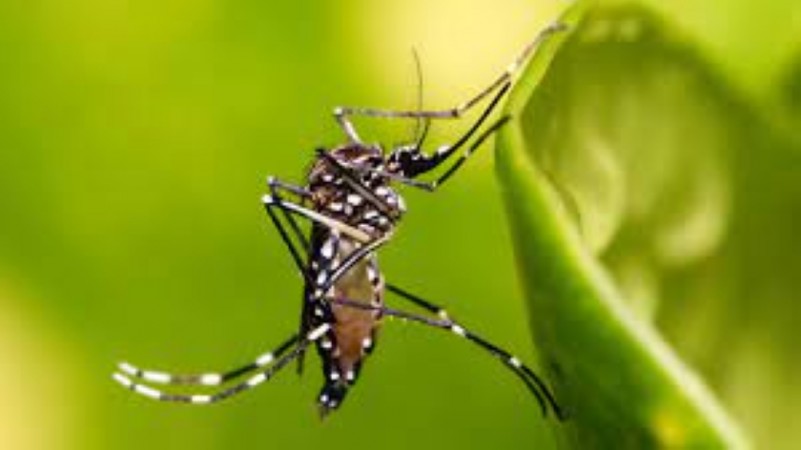Outbreaks of infectious diseases are increasing due to multiple local and global interaction changes disrupting the fragile balance of the complex human-animal-environment ecosystem. The increased frequency and complexity of health threats require a different, unified form of preparedness and a coordinated, fast, reliable and effective emergency response.
DURABLE is a tailored solution to this recognised need – a strong network of world-class basic and translational research institutes and public health centres across Europe with an outstanding track record in public health support with global reach. The project aims to provide high-quality scientific information in record time to support HERA’s decision-making in preparing for and responding to cross-border health threats and assessing the impact of countermeasures.
DURABLE will coordinate a global collaboration, from pathogen detection, evolutionary analysis and threat characterisation, with One Health approach, to data and information collection and sharing, for optimal threat response. It is a unique multidisciplinary consortium with complementary expertise to meet this challenge and build productive interactions with HERA and other stakeholders.
Due to their outstanding track record and experience in the field, the DURABLE consortium is competent from day one. It will develop and validate a roadmap for rapid deployment of key countermeasures, test the robustness of the network, and assess key aspects of its emergency mode when simulating or dealing with identified threats. Additionally, DURABLE will focus on long-term sustainability by focusing on capacity building, training the next generation of researchers and developing pandemic preparedness training modules for the network and beyond.
Project objectives:
- DURABLE will be a one-stop shop for diagnostics, research, preparedness and response to current and future health threats for the benefit of citizens in the EU and worldwide.
- It will establish a sustainable network of laboratories and research institutes that can address the barriers of better preparedness, and provide alerts, real-time scientific data and integrated analyses to HERA.
- It will develop and use both non-targeted and targeted methods for identification of known and new threats.
- It will coordinate, integrate, analyse and share the output for rapid and direct use in public health decision making
- DURABLE will develop targeted studies to guide further evidence gathering in response to alerts
Project coordination and contact:
Institut Pasteur: +33 1 45 68 80 00 comm_durable@pasteur.fr
Erasmus MC: +31 10 704 0 704










